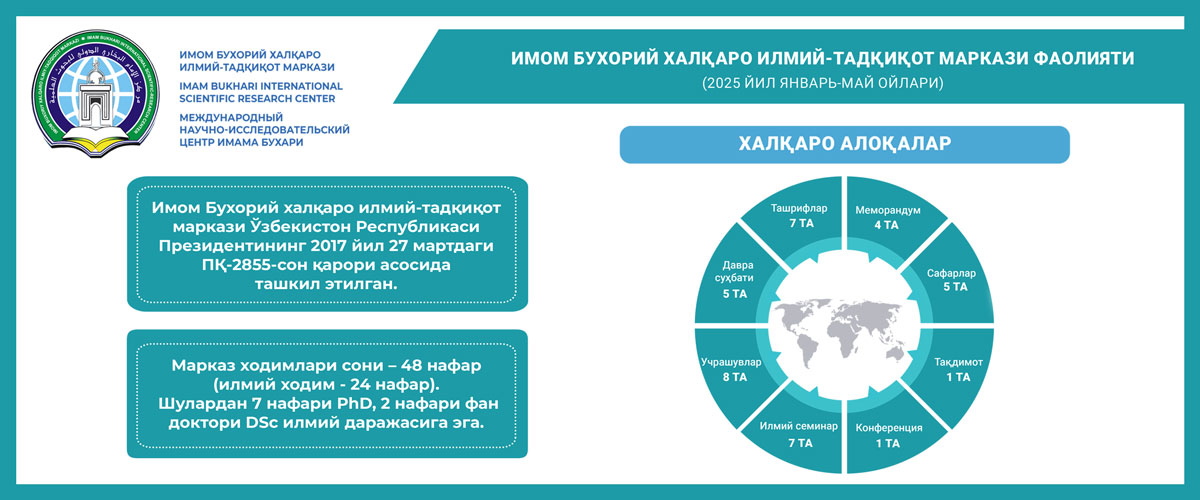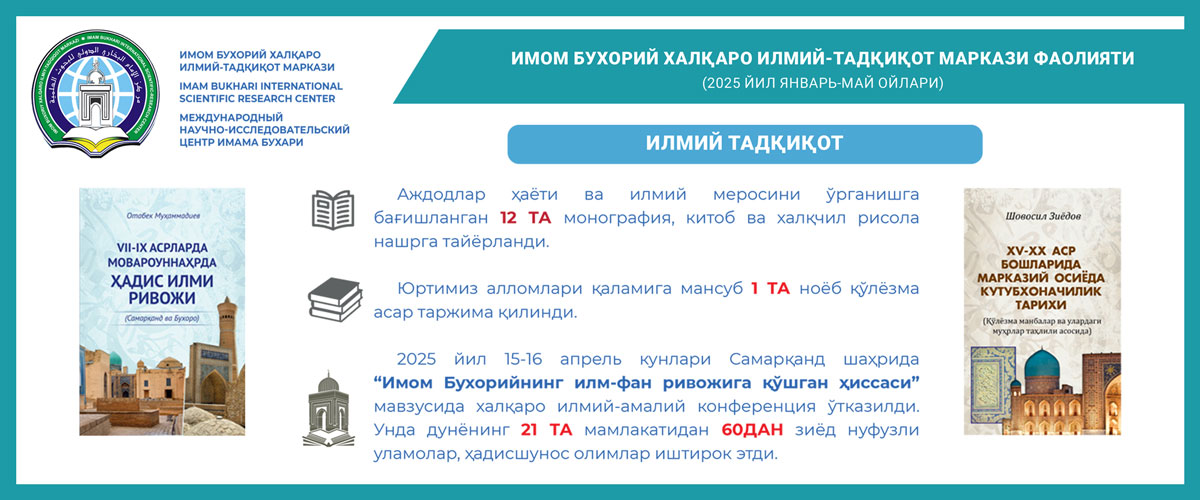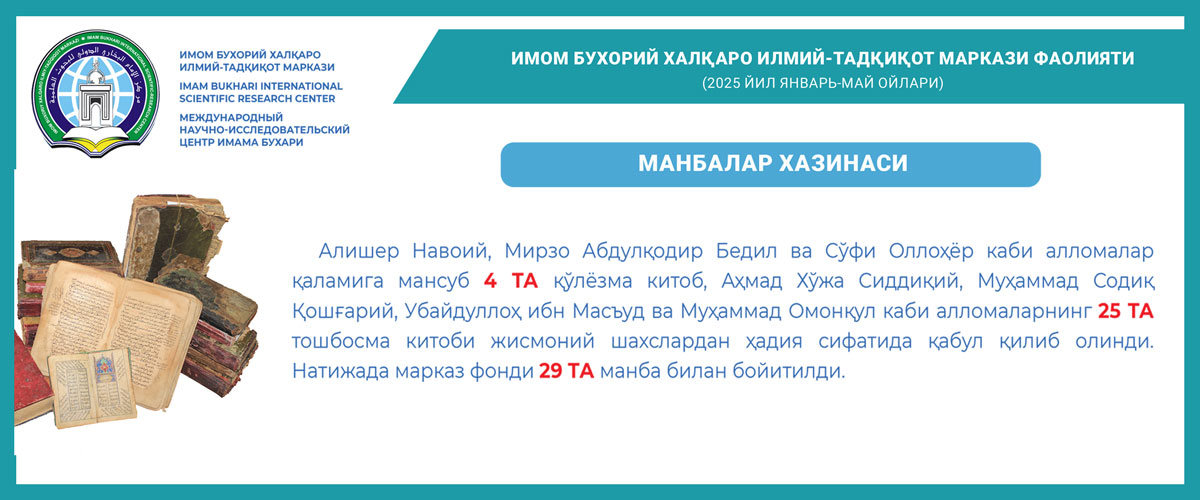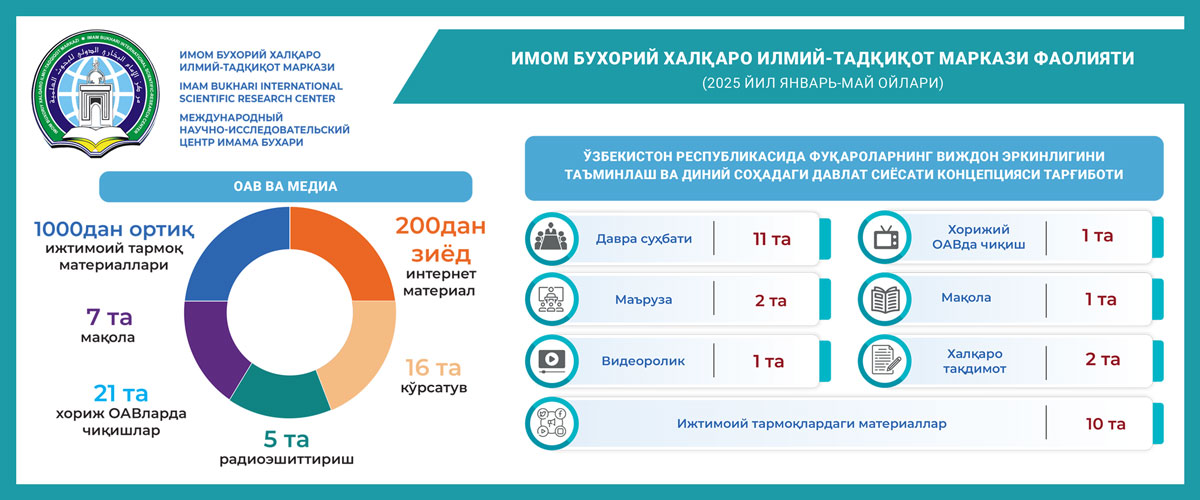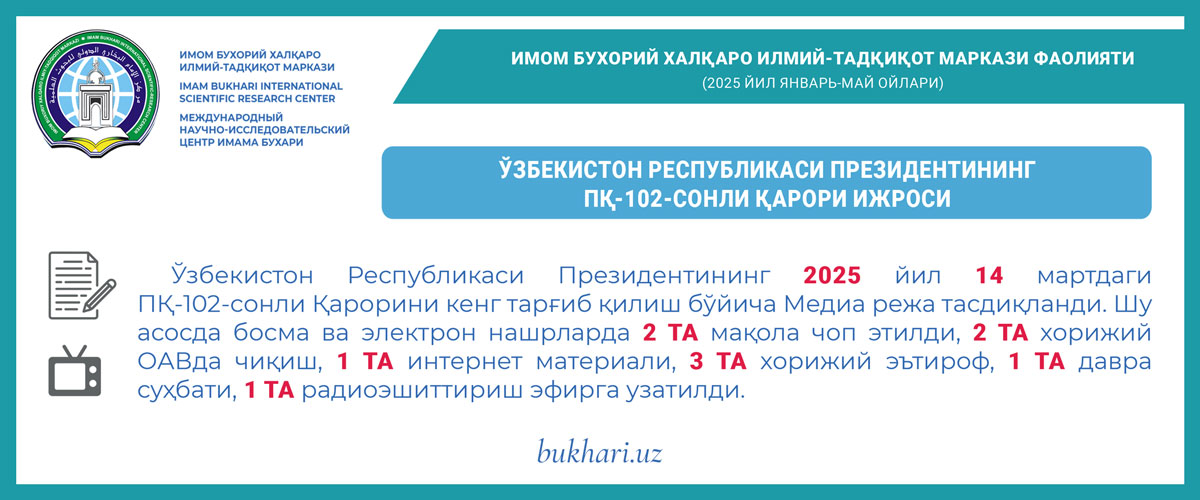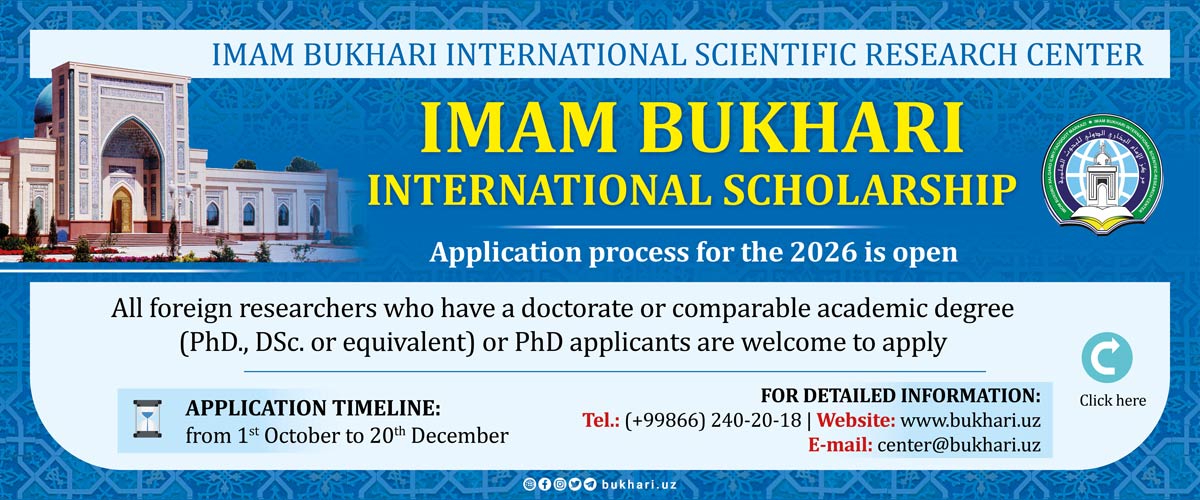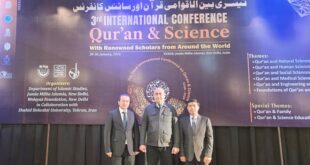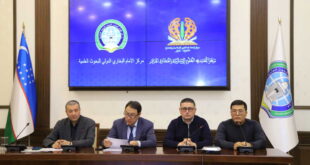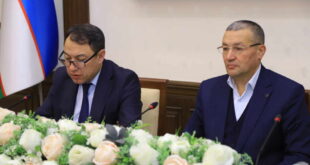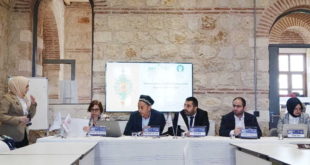An online seminar was held on the topic of “Ahmad Yasavi and Yasasvi tariqa in Central Asia” in cooperation with Imam Bukhari International Scientific Research Center and the Marmara University of Turkey.
In the seminar attended by scientific staff of the Center and more than 60 orientalists, Islamic scholars, and mystics from Uzbekistan and Turkey, Professor of the Theology Faculty of Marmara University Dr. Nejdet Tosun made a speech on the topic.
The scientist gave detailed information about the history of the emergence and development of Sufism in Central Asia in the 12th century, the life and activities of Khwaja Ahmed Yassavi, the founder of the Yassaviya tariqa, and his mystical views.
Nejdet Tosun said that Sufi teachings, which were created by the rules of the Qur’an and hadiths, began to spread widely in Movarounnahr by the 10th-11th centuries. In particular, the Yassaviya and Naqshbandi tariqah were formed under the influence of Hamadani’s teaching.
Khwaja Ahmed Yassavi, the founder of the first mystical tariqa that appeared in Central Asia in the 12th century, is also known and famous as the first Turkish-speaking mystic poet. His poems, written in Turkish, promoting Sufism, quickly spread among the people and brought fame to the author due to the closeness of the language to ordinary people and the melodiousness of the language.
All the beliefs of the Yassawiya tariqa are explained in detail in the main work of “Hikmat” Ahmad Yassawi.
In particular, advanced universal values such as purity, honesty, correctness, kindness, earning a living with one’s own hands, honest work, and physical and spiritual improvement of a person are expressed. This teaching is recognized as one of the main ways to educate a perfect person. Ahmad Yassavi considers Sufism to be an important factor that elevates human spirituality. The main goal of the tariqa is to call people to the right path.
The lecture was very meaningful, in which detailed information was given about the essence of the Yassaviya tariqa, the history of its spread throughout Central Asia, its geography, and its major figures. Professor Tosun answered many interesting questions from the participants about the history and philosophy of Sufism.
The seminar, held in the form of constructive dialogue, was full of scientific discussions and observations.
 Imom Buxoriy xalqaro ilmiy-tadqiqot markazi bukhari.uz
Imom Buxoriy xalqaro ilmiy-tadqiqot markazi bukhari.uz
